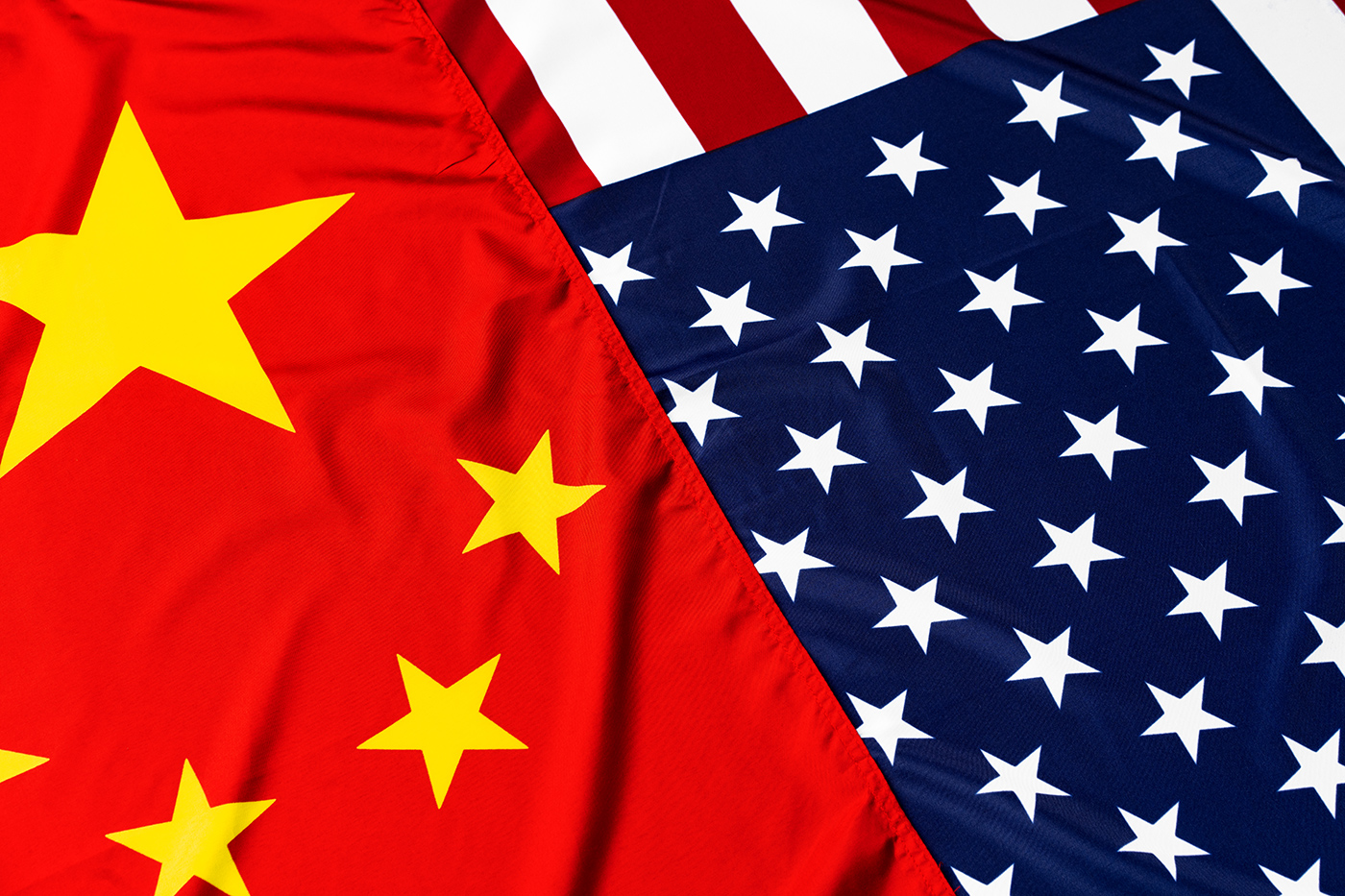The model of increasing economic interdependence between the West and the emerging world was built on assumptions that no longer hold
Alicia García-Herrero*
The model of increasing economic interdependence between the West and the emerging world (especially China), was built on assumptions that no longer hold. The West assumed that keeping high-value production at home would create growth-stimulating wealth, and that this wealth would be shared to keep the middle class thriving. However, while multinationals have generally benefitted from globalisation, the middle class in the developed world, especially in the United States, lost purchasing power as manufacturing jobs were shifted overseas. Furthermore, developed world tax bases have shrunk as multinationals have relocated to low-tax jurisdictions, encouraged by a shift towards supply chains that create loopholes in the allocation of profits.
The 2008 global financial crisis, which started as a sub-prime crisis in the US, showed clearly that the West’s economic model was faulty and needed to be repaired. One of the unintended consequences of the crisis was a collapse in global trade, which ended up being a structural trend. Since 2008, global value chains have contracted, trade in intermediate goods has decelerated and foreign direct investment (FDI) has declined globally.
Why is economic interdependence waning?
The reasons for these changes range from increasing geopolitical tensions to environmental risks. The trade war that President Donald Trump started against China in 2018 harmed US-China relations. In addition to massive tariffs imposed on US imports from China, the Trump Administration implemented an array of measures to contain China’s technological rise.
These have clearly had a bearing on the outlook of US and European multinationals. Companies in the European Union and the United Kingdom have increasingly weighed any gains from accessing the Chinese market against the perceived lack of equal treatment for foreign investors and the less-appealing growth opportunities in China compared with some years ago.
In addition, both the EU and the UK have become suspicious of China’s influence in their economies, given the rapid increase in Chinese acquisitions of high value-added companies and critical infrastructure. The EU and UK are both more open than other developed economies to Chinese acquisitions (not just the US, but also Japan and South Korea, and more recently Australia, have moved to limit China’s reach into their economies). Beyond China’s appetite for strategic assets, European policymakers are increasingly worried about China’s influence in the media, education, and other sectors. They also worry about misinformation and even political influence. The main focus of European policies on China is no longer the Chinese market, but rather a focus on how China is influencing European markets, societies, and political systems, directly and through Europe’s neighbours. The thorny issue of China and Russia agreeing on “endless cooperation” is a good example.
However, notwithstanding increasing mistrust on both sides, trade flows between the US (and the EU) and China continue to increase. This includes FDI inflows into China, which ballooned in the period up to 2020 but have dropped since, hinting at the growing difficulties Western companies experience in China.
Looking ahead
Centrifugal forces are stronger than the forces pushing for increasing co-dependence. Here are a few reasons.
China has pushed for self-reliance since President Xi Jinping came to power with the landmark industrial strategy Made in China 2025 and, more recently, with the dual circulation strategy. China’s import growth has been underwhelming for several years, especially since the beginning of the COVID-19 pandemic. This has been particularly the case for imports of manufactured goods that China now produces itself; this is hurting in particular exporters of high-end intermediate/manufactured goods, including Japan, South Korea, and Germany. China is also pushing ahead with its own standards, to hedge against technological decoupling. Finally, China is also pushing for the use of the renminbi as an international currency, especially among like-minded countries that seek alternatives to the dollar – especially Russia.
There is also increasing disillusion in the West about what can be expected from China as a responsible stakeholder in the global order. China is doubling down on its state-driven economic model, with many sectors still closed to foreign competition and a lack of reciprocity. Major events have further weakened the West’s trust in China, such as the lack of cooperation during the pandemic, with major disruption to a China-centric supply chain, which has increased inflationary pressures. China’s stubborn implementation of zero-COVID-19 policies have had negative consequences for a world which is trying to control inflation; China remains the factory of the world but with increasing difficulties because of such restrictions. Others reason for growing mistrust are China’s ambiguous role in relation to Russia’s invasion of Ukraine, and increased belligerence over Taiwan, with military exercises surrounding the island. It seems very unlikely – if not impossible – that China-Western relations will return to their previous course of increasing co-dependence.
If this is the way forward, Europe must ask what it can do to mitigate the impact of slow but steady separation from China. First and foremost, Europe must find alternative trade partners so its integration into global value chains does not suffer. European economies need to eliminate potential overdependence on strategic inputs from China. This is particularly problematic for the inputs needed for the digital and energy transitions. Episodes in which China has sought to put pressure on Australia and Lithuania point to the risks of not securing other sources for inputs into supply chains.
Second, China’s move up the ladder in third markets on which European exporters are active is supported by a state-driven model with which European companies can hardly compete, at least in the short run. Europe also needs to come to terms with Chinese support for Russia, at least in terms of narrative, if not the facts. China’s push to build global influence – a ‘global south aligned not only with China, but also with Russia – constitutes a threat to the international liberal order.
*Alicia García Herrero is a Senior Fellow at European think-tank Bruegel. She is also the Chief Economist for Asia Pacific at Natixis, and a non-resident Senior Follow at the East Asian Institute (EAI) of the National University Singapore (NUS). Alicia is also Adjunct Professor at the Hong Kong University of Science and Technology. This piece was initially published in the Bruegel blog and republished in the Blog of the Cyprus Economic Society, by permission of the author.




